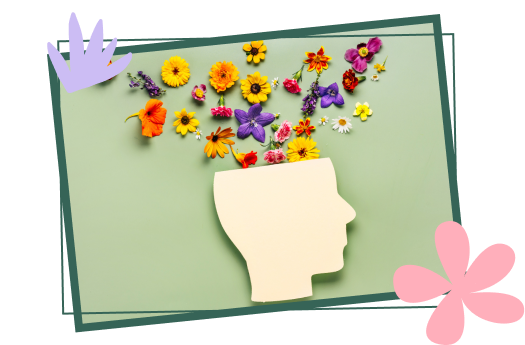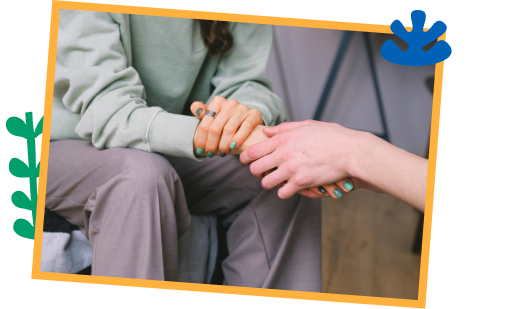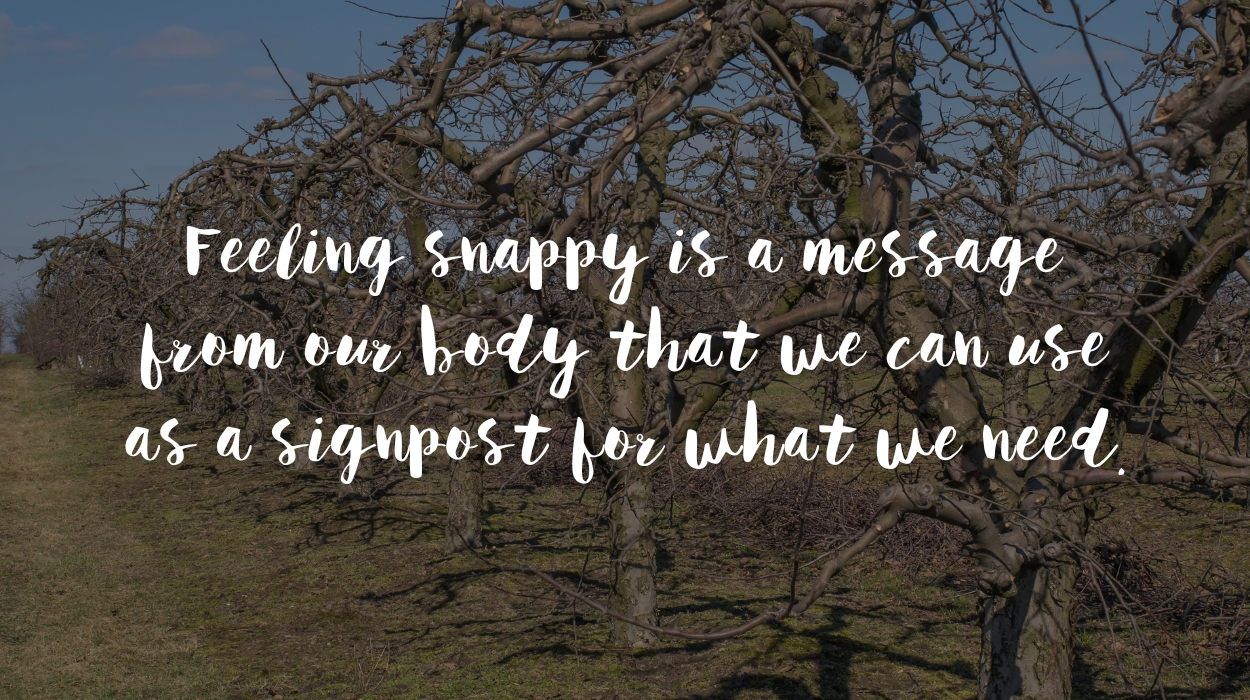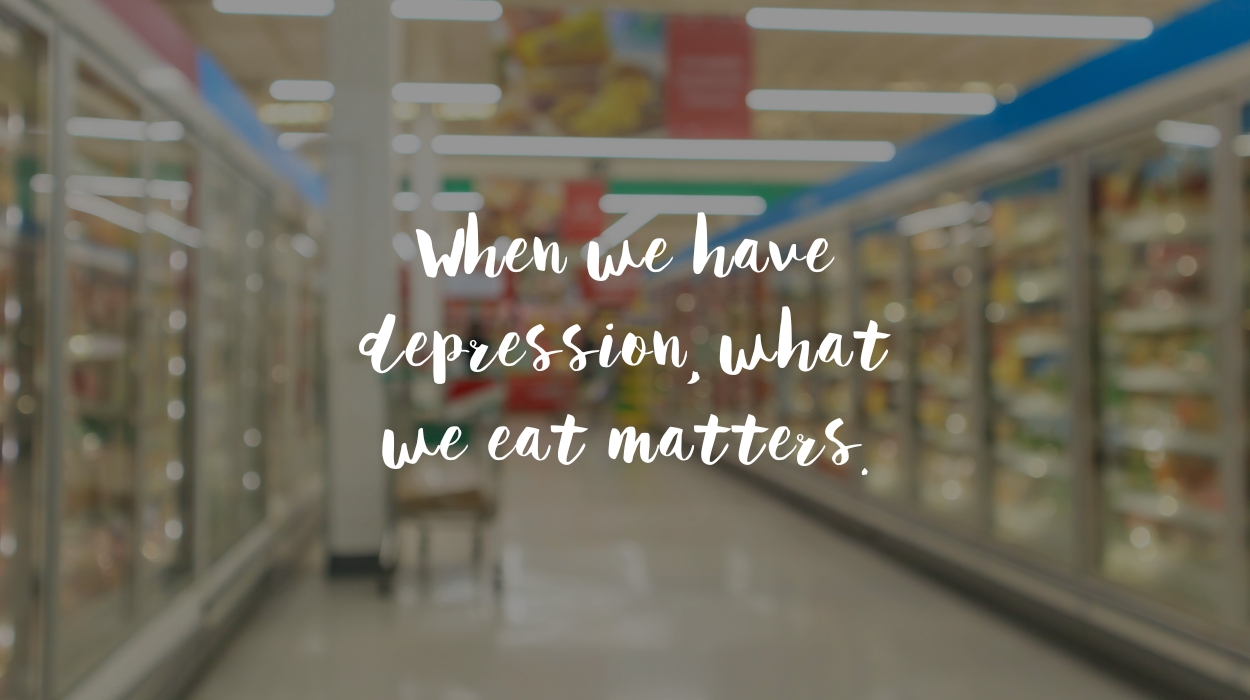20+ Uplifting Depression Quotes For Hard Days
In the rollercoaster of life, we all encounter days when the weight of the world feels a little too heavy to bear. These are the days when the storm clouds of depression loom large, casting shadows over even the brightest moments. But just as every storm eventually passes, so too…
How we can help

Resources
Being diagnosed can be overwhelming – there’s a lot to learn and plenty of prejudice to battle. Telling people is tough, and not everyone will understand.
We’ve compiled a library of resources to help you understand depression and what it means for you.

Increase Understanding
We blog about living with, managing, and supporting others with depression in a friendly, accessible way. Our resources explain key issues clearly – we don’t believe in complicating things unnecessarily. Plus everything we do comes with a heavy dollop of empathy.
Latest news
20+ Uplifting Depression Quotes For Hard Days
In the rollercoaster of life, we all encounter days when the weight…
Read m... Read moreWhy Do I Snap So Easily And How To Deal With It?
Depression often pushes us to our limit. One moment we can feel…
Read m... Read moreGood Foods For Depression: The Ultimate Guide
What we eat plays a much bigger role in our overall well-being…
Read m... Read moreDepression Decoded: Unveiling Symptoms And Effective Solutions
In a world where mental health struggles often remain invisible, depression stands…
Read m... Read more





